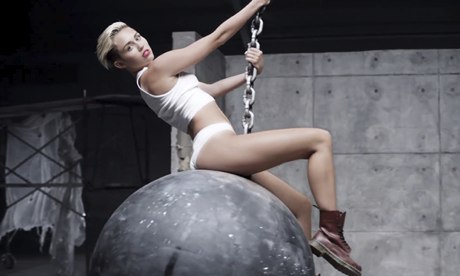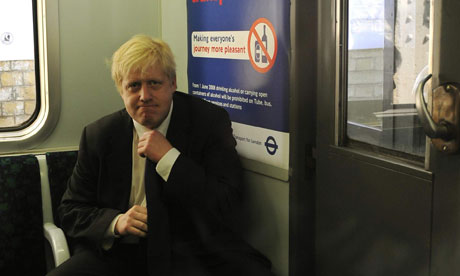In the Age of Media Six
Questions about Media and Participation
David Buckingham, Professor of Media and Communications at Loughborough University, claim that society and Web has changed through the years, as new technological and equipment has changed the way people think now days. Professor Buckingham claim that before in the past there was just one person or a specific people that just controlled the social media people saw in the past, as that they only had the right to say and do what they felt like, so people didn’t really have a chose on the media in society back then, he also says that the ads we watch has brought a bigger and broader media revolution, as a result that everyone has power and controller in the media in society now. He says that blogs and forums give people the opportunities to give their own views and opinion in the media. That now day people do need to be a critic, that ordinary people can say what they like in society, which has effect the media a lot, as people can accuses and write their options and views anytime and anywhere in the world and that everyone has the freedom to say what they feel like it. As Facebook and Google are the richest online businesses.
Key information:
- Much more generated content on the internet
- Everything has changed because of the new technology
- Ordinary people are in control of the internet
- There are no more editors or gatekeepers in control
- People get to say their view on internet to millions on people
- Google and Facebook are the most money making corporation online
- People make their own videos which could be accessed everywhere around the world
Web 2.0 – Participation or Hegemony
Nick Lacey explored the issues that has the Web 2.0 been democratised our access to the media now a days, and has it switched the power from produce to the audience. Lacey says that web 2.0 allow the audience to become produces of the media and their texts, as they can write their opinion and view on YouTube channel and videos (UGC), people can now write their views on blogs and social networking sites like Facebook and Twitter. People don’t need –people can say or write things in the media now days, as they don’t need a gate keeper. They would be happier to write their opinion and view on the internet as it has such a mass audience online, as they don’t need to pay for certain things in the media, they can just write it and say it.
Key information:
Key information:
- No more gatekeepers
- Audiences have become producers
- Individuals relying on individuals
Participation debates
- One could argue that social networking has opened up opportunities for democracy. Eg The XFactor 2010 series , 15,488,019 million votes were cast by viewers to decided the outcome of the programme. Even though the winners are unlikely to change the world it is an example of media democracy at work.
- Digital revolution and Web 2.0 have given users the opportunity to communicate ideas globally through the use of social networking
- Political level, Egypt and Libya couldn't have happened without the use of Twitter and Facebook with young people using social networking sites.
- Internet had empowered its users by giving them unparalleled instant and unmediated access to unfolding news stories from a variety of sources. E.g MJ death reports first appeared on Twitter and Facebook.
- Not seen a true democracy in 'Arab Spring' countries.
- Blogging is another way that the media are becoming democratic.

